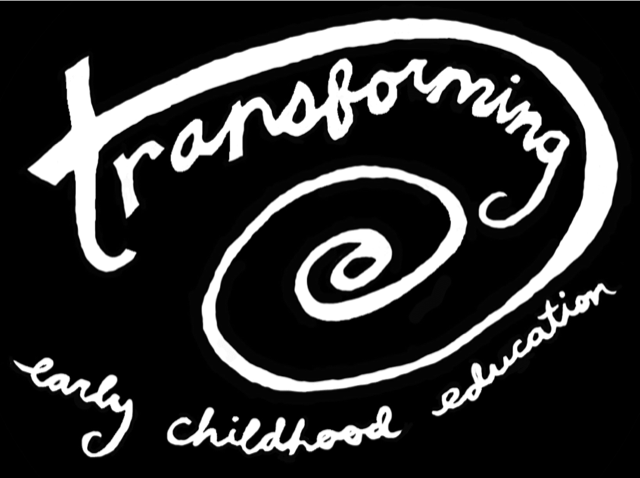PLAY: THE WORK OF CHILDHOOD
“Play is often talked about as if it were a relief from serious learning. But for children play is serious learning. Play is really the work of childhood.” Fred Rogers
I recently facilitated a Partnering with Parents workshop focusing on learning through play. After the workshop, the program administrator shared that they enjoyed the workshop. She was pleased that I didn't beat around the bush when explaining the importance of play-based learning to parents. I smiled and said that it'd taken me a long time to get to a place where I could clearly and concisely advocate for our youngest learners.
Throughout my career, I've taught in a variety of educational settings. Although these settings varied greatly, what I learned from each helped me establish my teaching philosophy. I believe (and research shows) that children learn through play. For years it made me angry that I needed to continue to advocate for young children to be seen as competent and capable of guiding their learning. Why should I need to say anything more than children learn through play?
This feeling of anger and frustration led to some intense reflection. I realized that this line of thinking was arrogant on my part. If I wanted people to understand how young children learn, I needed to do more than stand on my soapbox and give this general statement. I needed to explain the how's and why's.
The world of education has done a great disservice to parents. Parents are told drastically different views on how children learn and what they need to know to be successful in school and beyond. What are they supposed to believe if parents are receiving so many mixed messages from everyone on their soapboxes?
As early childhood educators, it is our responsibility to step down from our soapboxes. We need to have open and honest conversations with parents, caregivers, and peers. We must act as partners alongside parents as they navigate the often treacherous waters of formal education.
To be partners who give much-needed guidance, we need to understand child development. I don't mean child development based on what you are tested on in college. I mean actual child development. What it looks like at each age and stage. How you support it in the classroom and how it can be supported at home.
Information that parents can relate to their children. Parents can use the information to advocate for their children now and in the future. If we are making the statement that "children learn through play," we need to back this up with easily digestible information that is clear and concise.
Learning is not a linear path. Children need a variety of ways to acquire knowledge. They also need multiple ways to show what they know. Play offers children hundreds of ways to share their knowledge.
In play-based classrooms, educators are guides on the side. They carefully observe and document learning. A teacher may use this information to construct the child's environment to further their learning, help a child amid a behavior struggle, or create a picture of their knowledge over time.
Children actively build upon their learning. They construct new knowledge based on previous skills learned.
Young children learn while experimenting, observing, and making connections.
Play enables children to become self-directed learners. This promotes the most profound form of learning.
Learning to problem solve is a critical skill. We need it to succeed in life, both in and out of the classroom. Play provides an authentic way for young children to work on this skill.
Self-regulation (the ability to regulate emotions) is one of the keys to building relationships. Young children are filled with big feelings, which they learn to manage through play.
Building friendships begin in the early years. Young children learn to navigate friendships during play.
Play enables children to work on their independence with support from nearby adults. Independence equals power for young children. The more they can do independently, the less they look for opportunities to gain power from others.
Play provides an outlet for our youngest learners to understand complicated topics such as death, divorce, loneliness, and empathy.
We need more educators and parents advocating for our young children. How will you advocate for our youngest learners?


